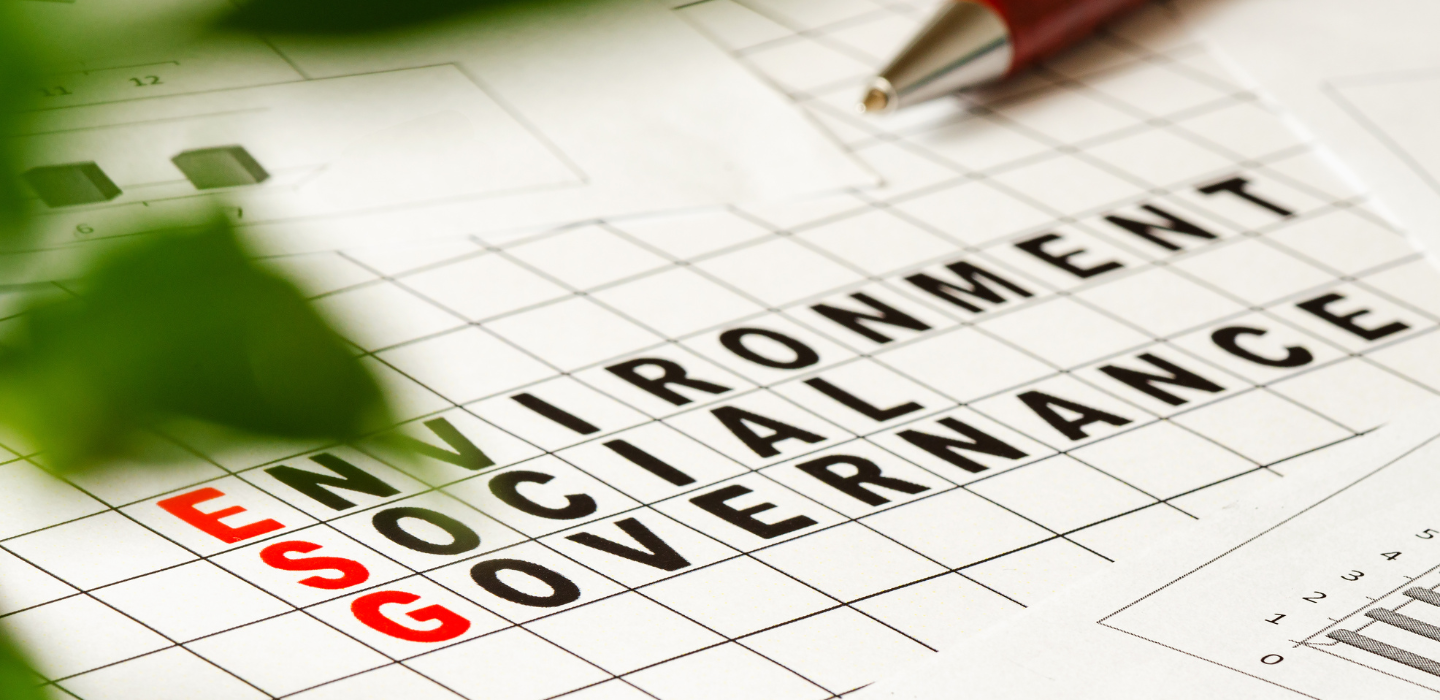Although Singapore emerged from the Covid-19 pandemic in 2022, public-listed companies continue to face economic uncertainty in global and domestic markets.
Amid these challenges, such companies have continued to improve their corporate governance practices, spurred by investor expectations and regulatory requirements.
This bodes well for their performance in environmental, social and governance (ESG)-related issues, as good governance is the foundation of corporate resilience and sustainability.
The Singapore Governance and Transparency Index (SGTI) rose from 70.6 to 74.8 in 2023. This is a significant improvement, representing the largest quantum of increase in the mean score since 2020.
The SGTI assessment framework is based on five dimensions. Average scores in each of the five dimensions rose in 2023.
As in 2022, the proportion of companies disclosing stakeholder engagement practices increased the most. Mean scores rose 9 percentage points to reach 70 per cent. The remaining dimensions each had mean scores increasing by 4 percentage points, except accountability and audit, which had a slightly smaller rise of 3 percentage points.
The improvement in performance is not only across all assessed corporate governance dimensions, but also across all levels of performance.
The lowest-ranked companies in 2022 showed the greatest improvement on average, with an 11-point increase in mean score. Those ranking slightly higher – the top 300 to 400 in 2022 – had a smaller, but still notable, rise of five points on average.
Companies ranked within the top 100 in 2022 experienced a one-point increase in mean score. Despite being a small increment, this is a positive contrast with the previous assessment – in which the top-ranking companies saw a fall in their mean overall scores.
Board practices
There was a significant increase in disclosure rates for various board-related indicators. These covered a range of board characteristics and practices such as independence, competence and selection of directors.
The share of companies providing a comprehensive description of how independence is assessed; disclosing their board diversity policy; and disclosing skills and experience sought in new director appointments each rose by 20 percentage points or more.
So, too, did the share of companies disclosing the link between performance and remuneration paid to executive directors and key management personnel, and those reporting that their boards were monitoring or overseeing the implementation of corporate strategy.
Higher disclosure rates were also seen in several disclosures relating to board committee meetings, nomination committees, board training and appraisal.
There is room for improvement. One point of concern is a rise in the percentage of companies that breached listing rules (up nine percentage points to 35 per cent).
There was also a fall in the share of companies reporting the nature and value of each significant interested person transaction (down seven percentage points to 85 per cent) and those for which all directors attended the annual general meeting (down four percentage points to 68 per cent).
The results of SGTI 2023 nevertheless show, as a whole, that Singapore-listed companies are establishing a solid governance foundation.
This will, in turn, support their sustainability efforts as they leverage their corporate governance frameworks to integrate ESG factors into corporate strategy.
ESG practices
This process is underway, as reflected by the fact that ESG-related disclosures – largely assessed in the “engagement of stakeholders” pillar of the SGTI framework – show the highest increase in mean score for 2023.
Most of the indicators in this dimension have disclosure rates rising by at least eight percentage points to 10 percentage points against 2022.
Topics cover a range of ESG-related issues such as customer health and safety, employee training and development, and anti-corruption programmes and procedures.
Companies are also reporting quantitative data in their ESG disclosures more frequently. Almost three-quarters of public-listed companies included non-financial performance indicators in their reporting, up from around half in 2022.
Almost all companies (94 per cent) reported on efforts to ensure their value chains are environmentally friendly or consistent with sustainable development, compared with 85 per cent in 2022.
Regulation momentum
Much of the improvement seen in SGTI 2023 may be a response to regulatory requirements and support.
The rise in board diversity and anti-corruption disclosures is likely to have arisen from compliance with listing rules which took effect from January 2022, requiring companies to maintain and disclose a detailed board diversity policy and state their whistleblowing policy in annual reports.
Similarly, increased director training disclosure has been facilitated by the listing rule, also effective from 2022, mandating sustainability training for all directors.
Improved remuneration and independence disclosures are probably attributable to the ending of a three-year transitional period for implementing related listing rules.
Authorities have also supplemented requirements with the provision of guidelines and other resources.
The higher disclosure rate of non-financial performance indicators may have been facilitated by the Singapore Exchange releasing a list of core ESG metrics for companies to use in sustainability reporting.
There is also increased disclosure of specific ESG-related topics as sustainability reporting becomes more entrenched, and listed companies use international standards such as those by the Global Reporting Initiative and the Task Force on Climate-related Financial Disclosures.
The results of SGTI 2023 suggest recent regulation has helped Singapore-listed companies further bolster their governance, including board practices and processes.
This is important for corporate sustainability because the board, together with management, is at the forefront of the organisation’s ESG efforts.
A well-functioning board is better placed to incorporate sustainability issues into its oversight responsibilities, balancing near-term considerations with long-term sustainable growth and providing comprehensive risk management.
Companies are now poised for the next phase as ESG concerns are increasingly merged with corporate governance, and attention turns to sustainable corporate governance.
We can expect the regulatory authorities to continue to be a driving force in this, as the Sustainability Reporting Advisory Committee completes its public consultation and issues recommendations on International Sustainability Standards Board-aligned climate-related disclosure requirements.
—
How scoring for the Index is done
The Singapore Governance and Transparency Index (SGTI) is a joint initiative of CPA Australia, NUS Business School’s Centre for Governance and Sustainability (CGS), and Singapore Institute of Directors. The strategic media partner is The Business Times.
The objective of the SGTI is to evaluate listed companies, including real estate investment trusts (Reits) and business trusts, on their corporate governance practices and disclosures as well as the timeliness, accessibility and transparency of their financial results.
SGTI is a unified framework comprising two separate categories: the general category, and the Reit and business trust category. These categories are distinct and are not to be compared directly with each other.
For the general category, the SGTI score has two components – the base score, and adjustment for bonuses and penalties.
The base score for companies contains five sections (BREAD):
-Board responsibilities (35 points)
-Rights of shareholders (20 points)
-Engagement of stakeholders (10 points)
-Accountability and audit (10 points)
-Disclosure and transparency (25 points)
The aggregate of bonuses and penalties is incorporated into the base score to arrive at the company’s SGTI total score.
For the Reit and business trust category, the companies are evaluated on a similar set of criteria, but with added coverage on the unique nature of their operations.
The base score for Reits and business trusts includes items in the base score for the SGTI (converted to 75 points) as well as trust-specific items for Reits and business trusts (25 points) covering five aspects (SLICE):
-Structure
-Leverage
-Interested person transactions
-Competency of Reit manager/trustee manager
-Emoluments
SGTI 2023 covered 474 Singapore-listed companies in the general category and 43 Reits and business trusts that had released their annual reports by May 31, 2023.
The sources of information for SGTI assessment include annual reports, sustainability reports, websites and announcements on SGXNet.
Announcements made on SGXNet as well as media coverage from Jan 1, 2021, to May 31, 2023, have been used to update the scores.
The SGTI assessment is conducted independently with an in-house research team at CGS and guidance from an external advisory panel.
Further information on the scoring methodology, including the full instrument and past results, may be obtained from CGS’s website at https://bschool.nus.edu.sg/cgs/. Queries about the SGTI may be sent to cgs@nus.edu.sg. In order to maintain the independence and fairness of the SGTI, reports or advice cannot be provided to individual companies.
—
The article first appeared in The Business Times.




